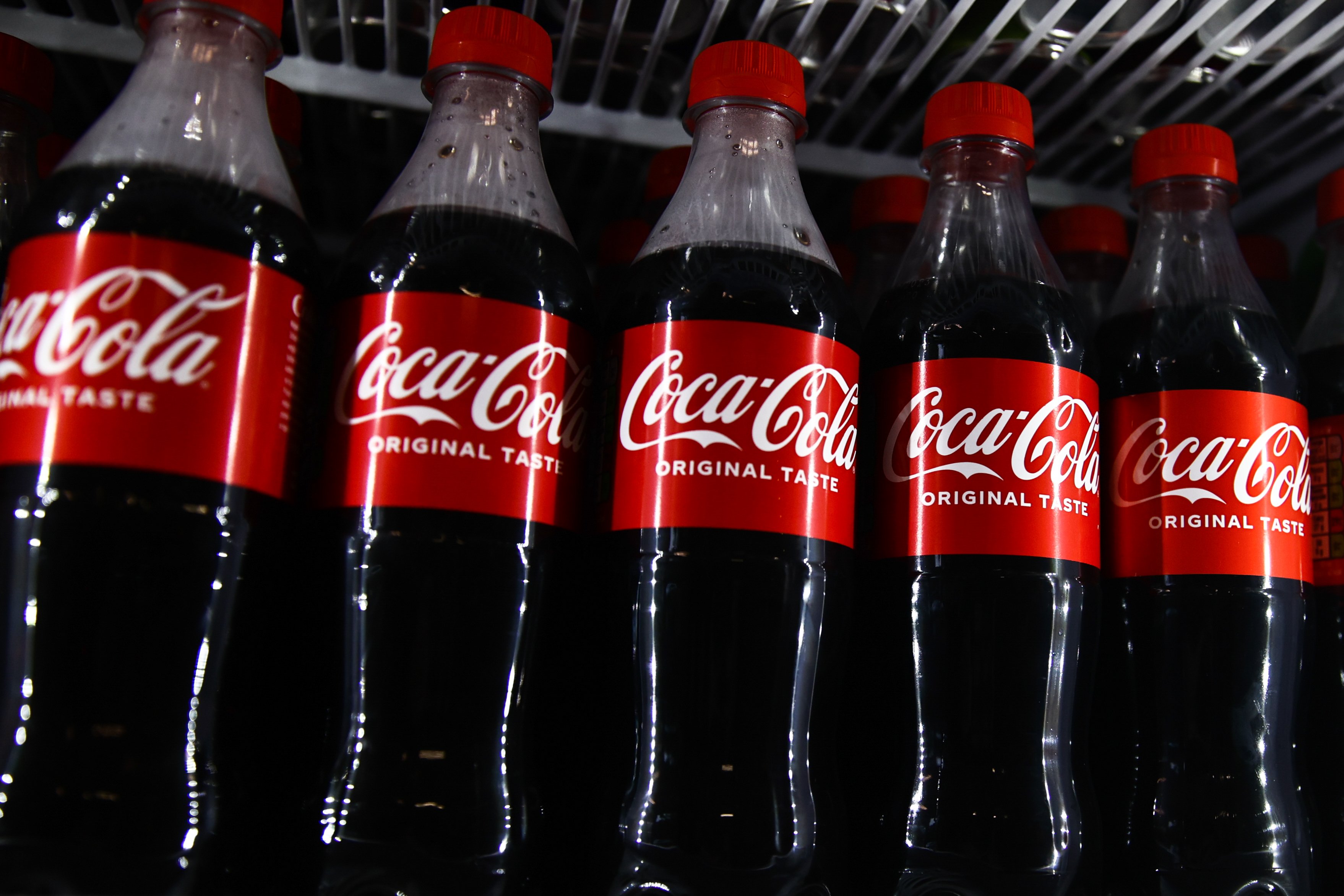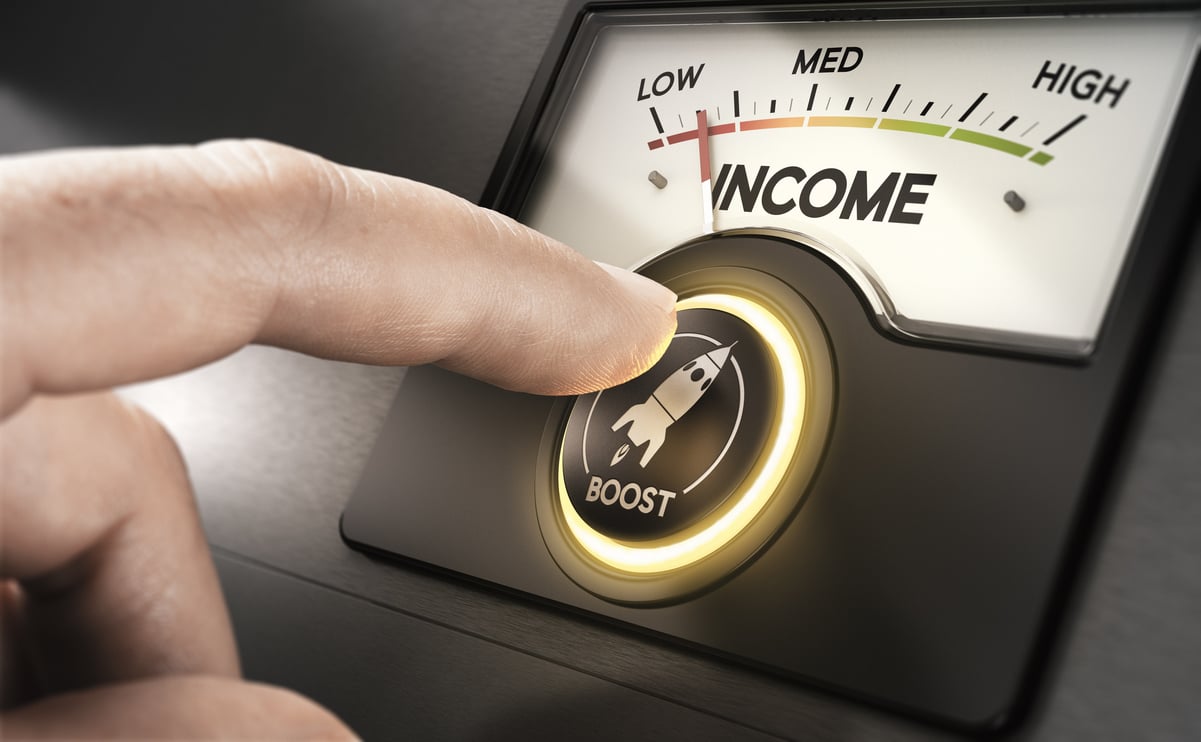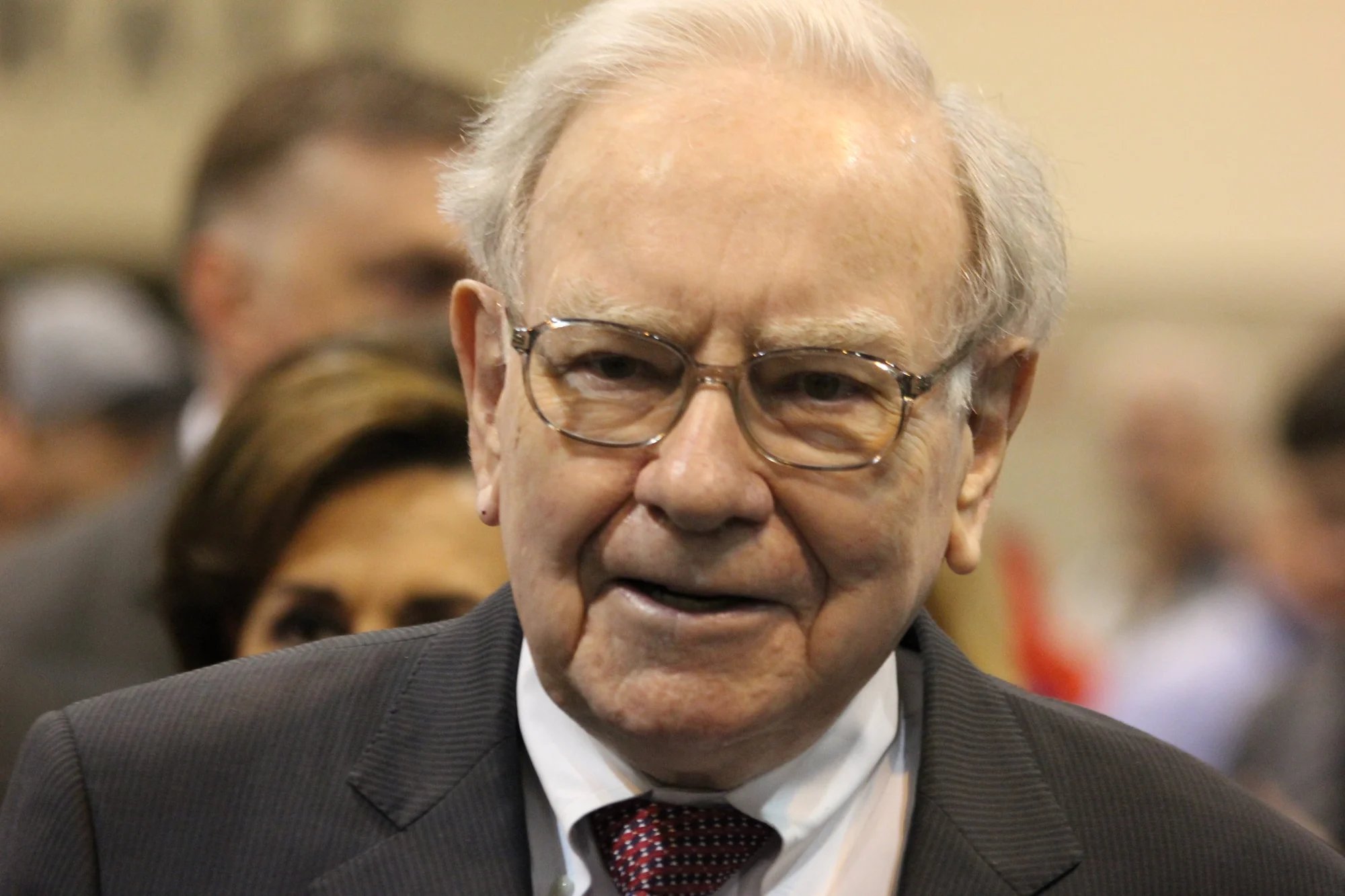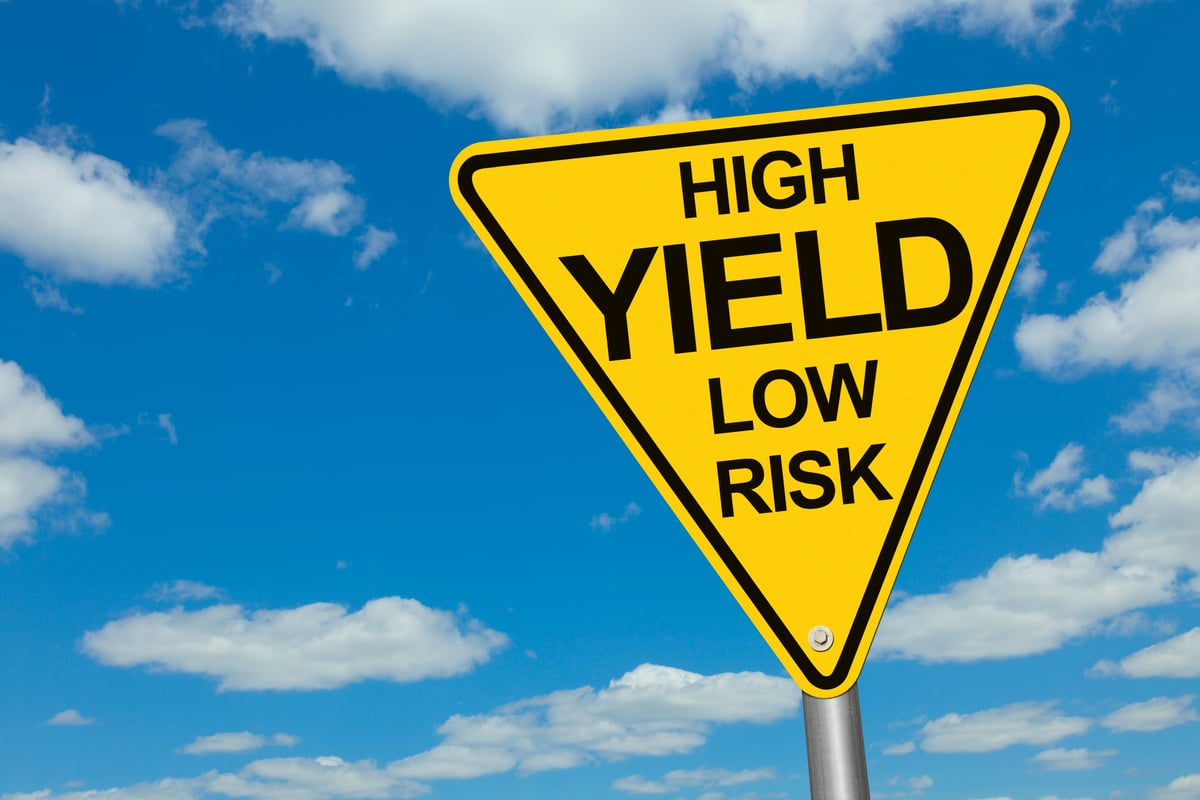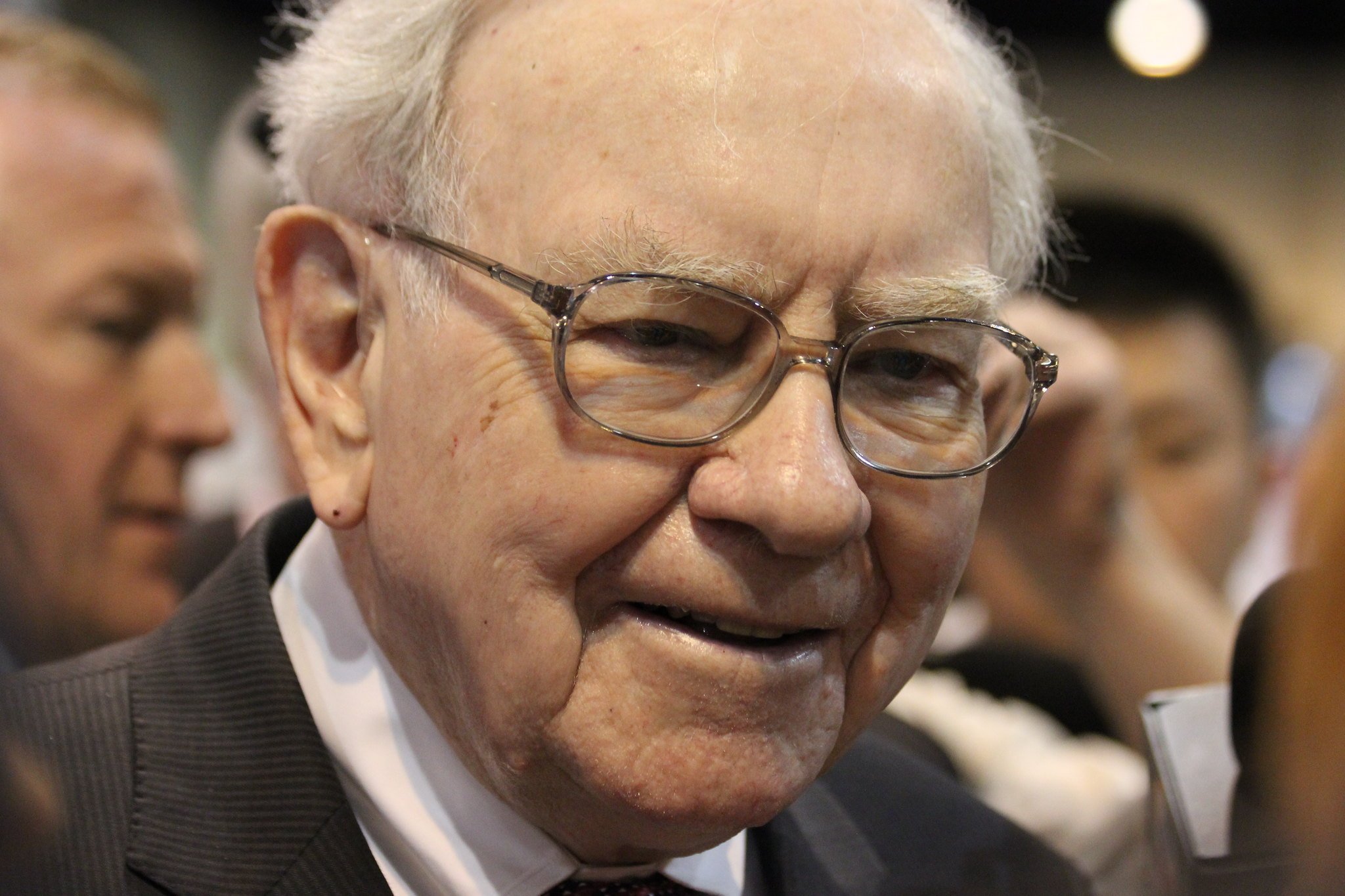Coca-Cola (KO 0.01%) was one of the best-performing stocks of the 20th century as the company built an unrivaled and hugely profitable global beverage empire. Over the last two decades, it's lost some of that momentum amid the rise of coffee chains like Starbucks and concerns about sugary drinks, but Coke still packs a punch for dividend investors.
The company is a Dividend Aristocrat, having hiked its quarterly payout for 55 straight years, and today offers a dividend yield of 3.1%. While that's higher than the S&P 500 average at 1.9%, our contributors have found a few stocks that offer even better yields than Coke. Keep reading to see why they recommend TerraForm Power (TERP +0.00%), Philip Morris (PM +1.56%), and Macy's (M 5.35%).

Image source: Macy's.
For yield and growth, the tailwinds are better
Jason Hall (TerraForm Power): Over the past couple of years, few income stocks have seen their prospects improve more than those of TerraForm Power, the solar and wind energy producer which is now part of the Brookfield Asset Management (BAM +0.44%) group of entities.
Since Brookfield and its subsidiary Brookfield Renewable Partners (BEP +1.89%) took a controlling stake in the company and replaced its management team, TerraForm Power's results have improved tremendously.
The improvements have come from two important sources: acquisitions and internal changes. For instance, last year's acquisition of Saeta grew its asset base by 40%, while internal housekeeping actions, such as a long-term maintenance deal with GE will result in double-digit cost savings on its North American wind fleet, which will fall almost entirely to the company's cash flows.
Add it all up, and investors have started paying attention, sending TerraForm's stock price up 59% since announcing the Brookfield majority stake:
TERP Total Return Price data by YCharts.
For the purposes of this discussion, the reinstitution of TerraForm Power's quarterly dividend in 2018 makes the stock a far better source of income than Coke. The 5.4% yield at recent prices is 77% higher than Coke's payout.
Moreover, I like TerraForm Power's prospects to grow the payout for the long term. Coke has made progress to strengthen its cash flow, too, but consumption of soft drinks is on the decline in its biggest markets, while demand for renewable energy is only set to climb for decades to come.
That tailwind should support management's plan to increase the payout 5% to 9% per year, giving investors a higher yield today, and what I expect will prove faster payout growth over the long term.
Puff. Puff. Profit!
Sean Williams (Philip Morris International): There aren't many time-tested companies that offer a safer payout than Coca-Cola, but I believe global tobacco giant Philip Morris International, which sports a nearly 6% dividend yield, fits that bill.
Shares of Philip Morris have been a ghastly sight for the trailing-two-year period. While the broad market made modest gains, Philip Morris lost more than a third of its value. Declining adult smoking rates in developed countries has led to weaker cigarette shipping volumes; and that threatens the livelihood of Philip Morris' core business.
But this near-term pain can be investors' long-term gain. That's because pessimists are overlooking three factors that should lead Philip Morris to relatively steady earnings-per-share growth.
First, there's the well-known fact that nicotine is an addictive chemical, which means that Philip Morris has exceptionally strong pricing power with its tobacco products. Even with declining shipment volumes, the company can still grow sales and profits simply by passing along price hikes to consumers in select markets.
Second, Philip Morris has geographic revenue diversity on its side. This is a company that has a presence in more than 180 countries worldwide (it doesn't operate in the United States). Even with more stringent tobacco laws coming to light in countries like Australia, fast-growing and emerging market economies with burgeoning middle classes give Philip Morris' tobacco operations plenty of runway to succeed.
Finally, Philip Morris has a future in tobacco alternatives. The company's heated-tobacco system, known as IQOS, is only now beginning to launch outside of Japan, its primary test market. Heated-tobacco shipment volumes rose by 20% in the first quarter from the prior-year period, to 11.5 billion units, and the number of IQOS systems in use grew to more than 1 million in the European Union, more than double what was in use in the year-ago quarter. Although the growth runway for IQOS might take longer than expected, this is, nonetheless, a solid source of growth for the company.
With significant pricing power, geographic diversity, and new technology at its disposal, there's no reason Philip Morris can't grow its bottom line by a high-single-digit percentage each year. That makes this high-yield stock one that income investors can consider adding to their portfolios.
Retail isn't dead yet
Jeremy Bowman (Macy's): If you're looking for a winning combination of an asset play and an income stock, I can think of few better choices than Macy's. Though investors recently have left behind retail stocks, in particular department stores, due in part to tariff concerns over the trade war with China, Macy's looks appealing for income investors for a number of reasons.
First, it offers a well-funded dividend yield of 6.9%, which has been pumped up by the stock's recent slide amid the aforementioned tariff threats and middling comparable sales growth.
However, Macy's is no value trap. The company has a bevy of valuable real estate that it's slowly spinning off, creating a substantial revenue stream and answering the question about how best to "rightsize" its retail footprint in the e-commerce era. At one point, its real estate holdings were estimated by Starboard Value to be worth as much as $21 billion. That compares to the company's market cap today of less than $7 billion.
Elsewhere, Macy's is making smart moves to evolve with the changing retail environment. It acquired the experiential retail company Story last year, showing an instinct to revamp its traditional in-store shopping format, and has been investing in alternative concepts like its Backstage off-price chain and its Bluemercury luxury beauty and spa chain. It's also remodeling and improving customer service at its top-performing stores, and boosting its omnichannel with programs like vendor direct, allowing its suppliers to ship directly to customers, and buy-online/pick up-in-store.
The upshot of those initiatives is a retailer that's churning out cash and evolving to stay competitive now and in the future. Investors can take advantage of the recent sell-off and cash on the near-7% yield.


